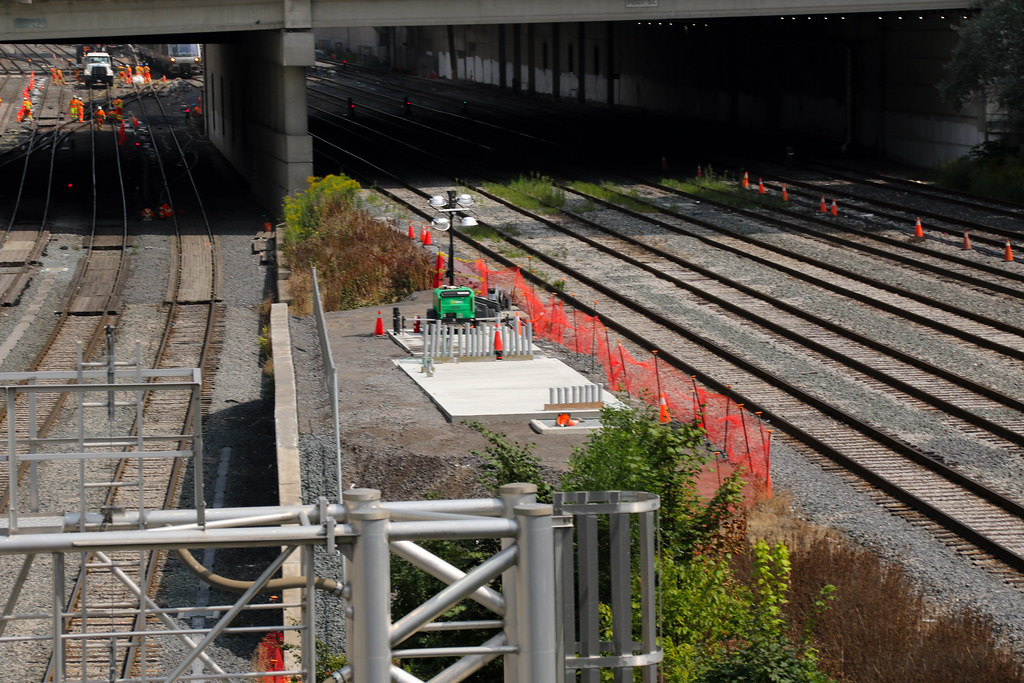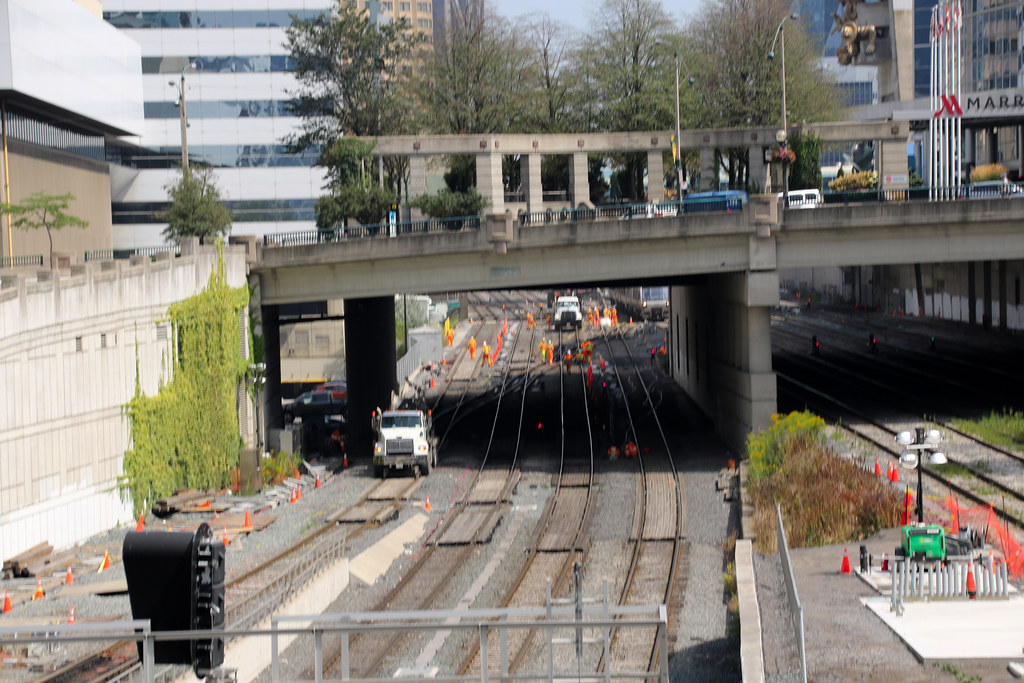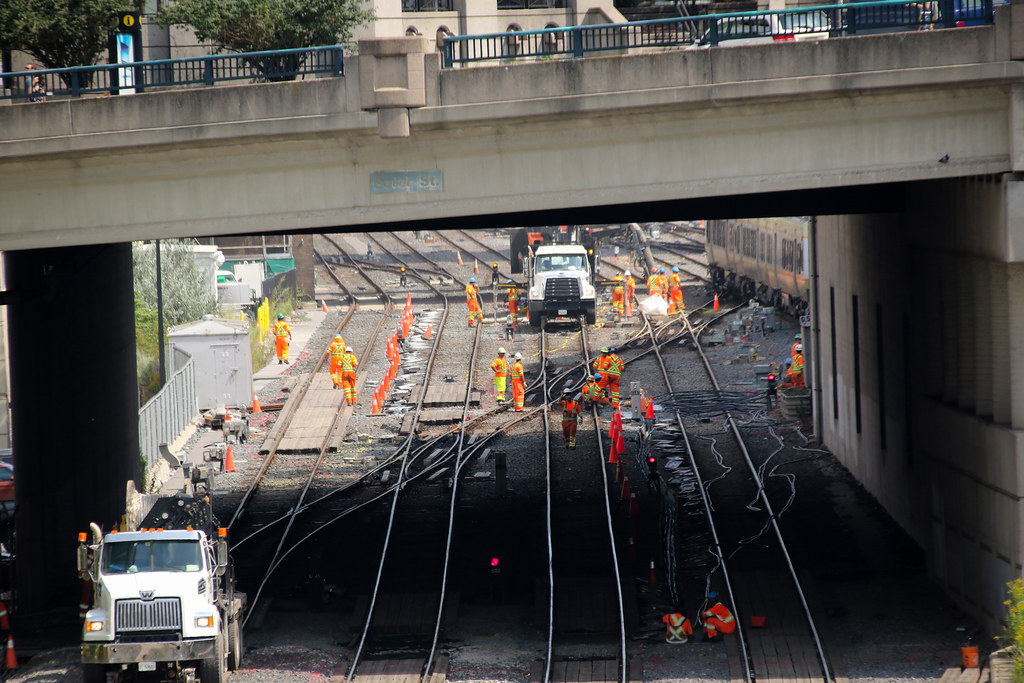Months after taking office in 2018, the Ontario PC government issued a written directive to Metrolinx prohibiting the supposedly arm’s-length transit agency from communicating with the public about key issues without ministry approval.
The letter was one of nine confidential ministerial directives sent to Metrolinx over the first 21 months of the Progressive Conservatives’ mandate. In them, the provincial government also gave direction to the agency about expensive and politically charged projects like a new Woodbine GO station, Toronto subways and the Hurontario LRT.
Experts and the official opposition say the letters, which have not previously been made public but were obtained by the Star through a freedom of information request, raise concerns the Doug Ford PCs are increasingly treating the powerful organization as an arm of government while presenting its decisions as independent.
Matti Siemiatycki, an associate professor in the University of Toronto’s geography and planning department who has studied transit governance, said that while concerns about Metrolinx’s independence predate the current provincial government, the letters indicate the degree to which “the province is starting to bring Metrolinx closer under (its) control,” to the extent that the Crown corporation is “increasingly an extended division of the ministry of transportation.”
“The initial view that Metrolinx was going to be an independent agency, arm’s-length from government, providing advice ... that line is really now starting to be blurred,” he said.
Christina Salituro, a spokesperson for Transportation Minister Caroline Mulroney, framed the letters as an appropriate tool for the government to exercise its legislative role overseeing Metrolinx.
In an email, Salituro said Mulroney and previous Ontario PC transportation ministers issued the directives “to ensure that the agency’s actions are aligned with the government’s priorities,” and they are “one way that we can ensure” Metrolinx projects “use taxpayer dollars appropriately.”
Metrolinx was created in 2006 by the previous Ontario Liberal government as an arm’s-length agency to co-ordinate transit planning in the Greater Toronto and Hamilton Area. It’s responsible for the GO Transit network, the Presto fare card system and planning major projects like the Ontario Line and Scarborough subway extension.
The legislation that created the organization stipulates transportation ministers can issue written directives for the agency to carry out.
After taking office in June 2018, the Ontario PC government accelerated the use of the directives. Between November 2018 and November 2019, Progressive Conservative transportation ministers issued nine letters, compared to only three between August 2017 and the end of the Liberals’ mandate, according to information provided to a Queen’s Park committee by Metrolinx CEO Phil Verster earlier this year.
The first letter, written Nov. 26, 2018, by then-transportation minister Jeff Yurek, outlined, among other directives, “changes to communications protocol” that were effective immediately. The new policy required “ministry approval of all public-facing communication” by the agency, except those relating day-to-day customer service issues, and required Metrolinx officials to receive government approval for any public speaking engagements.
The minister also took the unusual step of barring Metrolinx officials from meeting with members of the media. Such meetings are a common practice among officials and journalists.
“Media contact is to be limited to reactive responses to media inquiries approved by the ministry. There will be no informal meetings with media ... unless approved in advance by the ministry,” the letter stated.
Salituro, the ministry spokesperson, explained the protocol was necessary because “clear and consistent communication is vital to all major transportation projects and plans.”
Metrolinx spokesperson Anne Marie Aikins said the agency had a similar communications protocol under the previous Liberal government, and it “ensures we manage media questions in partnership with our government.” She noted that media requests about transit operations, such as those relating to GO Transit service, make up more than half of media requests to the agency, and don’t require approval from the ministry.
Asked whether the former Liberal government had a similar communications policy in place, a spokesperson for the Ontario Liberal Party said, “as with all government agencies there were regular touch points with the Ministry of Transportation officials and Metrolinx to ensure coordination, but to the best of our recollection no letter of direction was given to Metrolinx related to government control or approvals over agency communications.”
Siemiatycki said having the provincial government approve Metrolinx’s communications about transit planning and other important issues raises red flags. One of the agency’s most important roles is to evaluate plans for multi-billion-dollar transportation projects, and communicate the results to the public while also advising government.
With the ministry in charge of the agency’s communications, “from the public’s perspective, certainly it’s not clear whether Metrolinx is speaking or the ministry,” Siemiatycki warned.
Under the PCs’ media protocol, the public has no way of knowing whether Metrolinx’s statements about projects are based on its own independent analysis, or has been “politically approved,” Siemiatycki said.
“There needs to be transparency.”
On July 17, 2019, Yurek issued a letter about the Hurontario LRT, a $1.4 billion rail line planned for Mississauga and Brampton. Yurek wrote the government was reviewing spending on transportation projects, and it had approved the “de-scoping,” or scaling back, of the LRT.
The version of the letter provided to the Star by the ministry of transportation is partially redacted, but it shows the minister directed Metrolinx to eliminate the planned “loop” on the LRT’s route that would have taken the line around Square One Mall.
Metrolinx announced the decision to remove the loop two months later,
prompting pushback from Mississauga Mayor Bonnie Crombie, who said that section was a “key component” of the LRT project and she would work to make sure it was included.
At the time, Metrolinx explicitly denied the government had directed the agency to find ways to scale back the LRT to reduce its costs, with a spokesperson for the organization telling the Star “this was a Metrolinx recommendation to get (the LRT) within the budget scope.”
Asked this month whether the provincial government directed Metrolinx to publicly take responsibility for removing the loop in order to shield Queen’s Park from criticism, Salituro said the agency “was directed to deliver the Hurontario LRT project within the approved project budget” and as work proceeded, Metrolinx recommended changes “to ensure that the project could be delivered within the budget.”
The government reviewed those recommendations and approved deleting the loop, and communicated that change in the letter of direction, she said.
Jessica Bell, transit critic for the Ontario NDP, said the Progressive Conservatives were trying to make Metrolinx the “fall guy” for a potentially unpopular decision....








